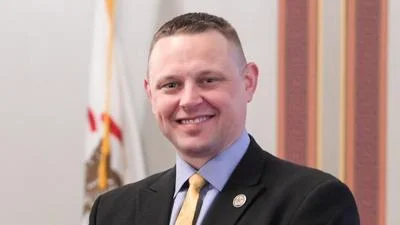Illini Clinic Pharmacy recently issued the following announcement.
Have you ever discussed addiction with your children?
Your answer may well be no. Maybe you think your kids are too young. Or maybe you aren’t sure what to say. Much of what you may have learned about addiction may be outdated. Especially since, over the past decade, scientists have discovered that substance misuse disorders make lasting changes to the brain—changes that can pose specific challenges for recovery.
And even if you are familiar with this new evidence, it often remains a difficult topic even for educated adults to grasp and understand unless you’ve experienced it for yourself.
The good news is that parents have a large role to play in preventing addiction disorders in their children. And it starts with being able to have that conversation.
Here are some strategies for having the most effective addiction talk with your children:
Focus on the disease. It’s important to discuss addiction as you would any other disease, like cancer or diabetes. Avoid discussions of fault or desire when it comes to substance misuse. Instead, focus on how the continued use of drugs and alcohol can change the body in ways that make it very hard to stop using.
Keep it age-appropriate. Most parents wait until children are teenagers to broach this topic. However, given the current age of social media, parents should start the conversation even earlier. The Substance Abuse and Mental Health Service Administration (SAMHSA) recommends having short, age-appropriate conversations starting as early as elementary school to help your children understand the risks of addiction as well as the knowledge that they can talk to you about it.
Be open to questions. Understand that this is not a lecture, it’s a conversation. As such, it’s likely that your kids will ask a lot of questions. They may ask if you know anyone who has a substance misuse disorder, if prescription drugs are okay, and why people who are under the influence act the way they do. They may even ask if you’ve ever tried drugs or alcohol yourself.
Take the time to talk through any questions they may have, focusing on the facts. And if they do ask you about your own experiences, SAMHSA recommends being honest, and then redirecting the conversation back to the risks of drug and alcohol abuse.
Leave room for feelings. People, including kids, tend to have strong feelings around substance use. Younger children may believe substance misuse is a personal failing. Older kids may feel like they will be social outcasts if they can’t “party” with their friends. It’s important not to dismiss those feelings.
Talk them out and help your child understand the risks. Leaving room for feelings is even more crucial when a child has a parent or loved one who is struggling with a substance misuse disorder. It’s important to let children know that another’s addiction disorder is not their fault and that there are people they can talk to about it. Addiction, at any age, is a complicated topic.
Original source can be found here.





 Alerts Sign-up
Alerts Sign-up